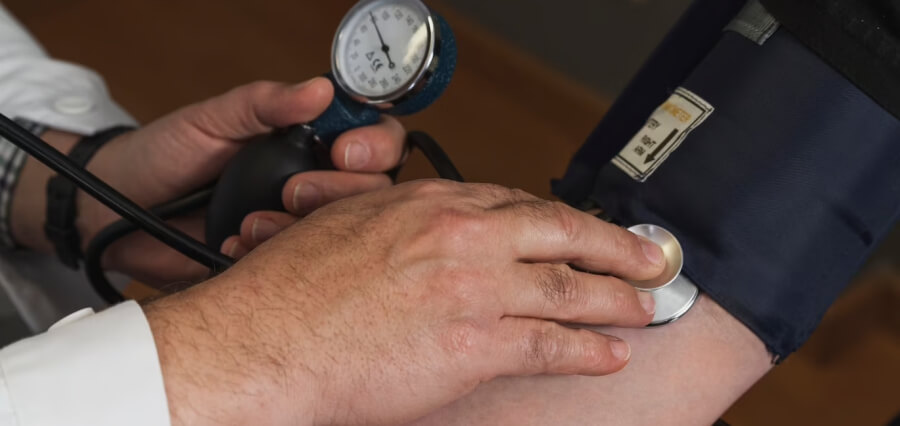(Researchers have found that a new digital algorithm that measures walking, could actually predict health.)
A new algorithm, “Dubbed Watch Walk” was found to make accurate predictions of people’s health based on their walking steadiness and speed. Researchers from Neuroscience Research Australia and the University of New South Wales are the minds involved in this discovery, who generated data from 101 participants aged 19 to 81 who had worn wrist sensors.
The Science Behind the Algorithm
Dubbed Watch Walk, a digital algorithm that measures people’s manner of walking, i.e., gait, through a smart watch’s in-built accelerometer. With its ability to measure gait through posture, speed, length of stride or cadence – insights into overall health and functional decline could be delivered.
After its discovery, researchers tested whether the algorithm could really measure movements. For this, 79,000 participants, aged 46 to 77, wearing wrist devices were requested to record their movements—involving running, walking, stationary or unspecified arm activity.
It turns out, the Watch Walk accurately identified and measured those movements. This goes beyond the laboratory and into real-world environments.
Why Would It Matter?
“People who walk slowly, at shorter distances and with fewer steps, are more likely to fall,” suggests Lloyd Chan, a lead author in one of the studies. This way, health researchers believe that how people walk could be a predictor of their overall health.
Take, for instance, the elderly population of Australia, where falls have become a leading cause of 59% of hospitalization and 94% of injury deaths. Moreover, three in ten people aged over 65 experience at least one fall each year, as per a 2022 report by the Australian Institute of Health and Welfare.
However, it is not as if digital measures of gait do not exist. “They are already tailored for walkways and treadmills.” But this does not allow us to measure walking activities in real life.
Through Watch Walk technology, measuring gait can become accessible and approachable in the prevention of falls among older people. “Such a technology could be highly accurate in real-world settings,” says Stephen Lord, a senior principal research fellow at NeuRA and UNSW Medicine & Health.
Market Outcome
In recent months, markets have started to incorporate gait measurement features into smartwatches, helping the elderly to keep track of their steps. In addition, a Watch Walk mobile app is in the development phase and is expected to be released in late 2023, as per the University of New South Wales, Sydney.
For more health insights, click here.















